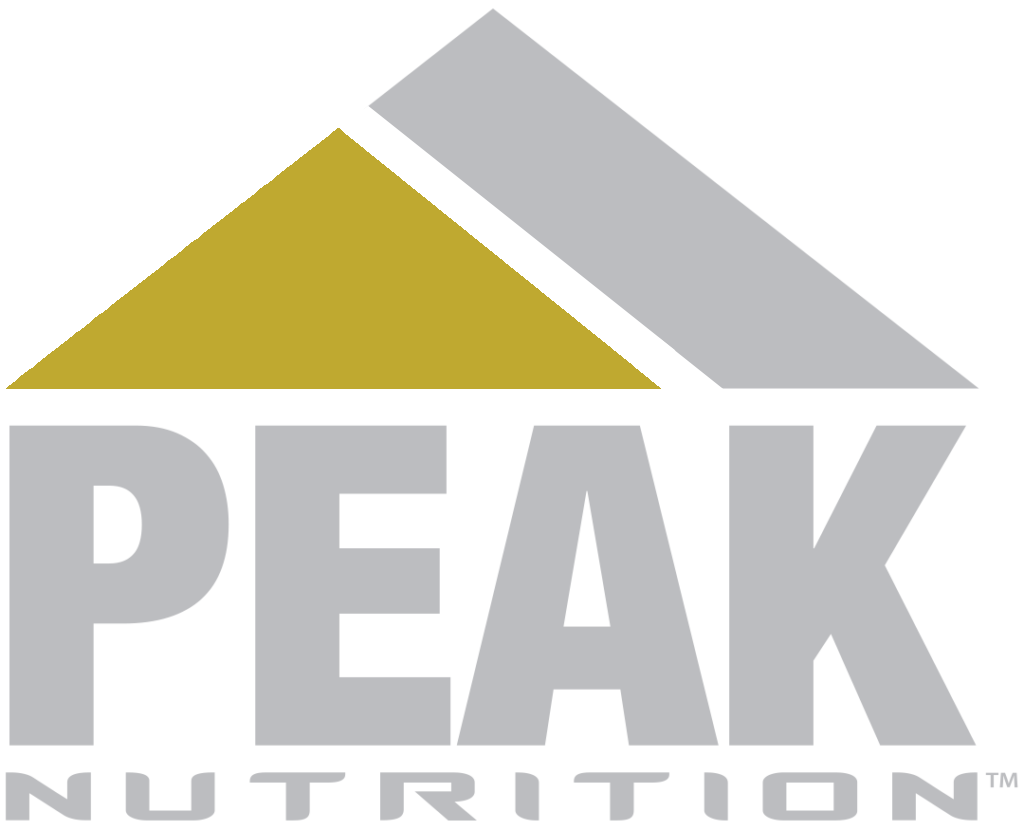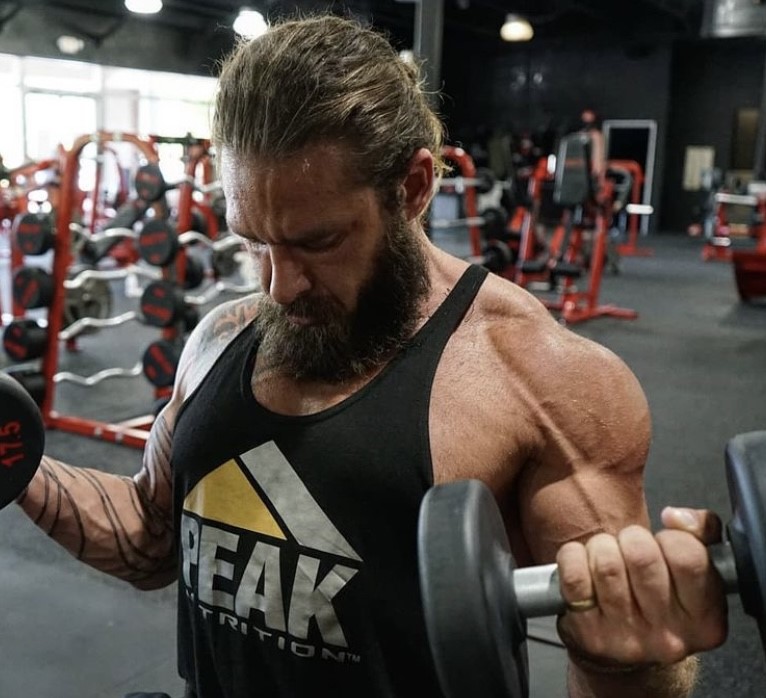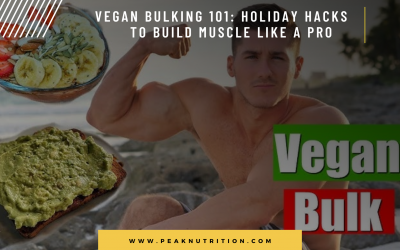Ever wondered what your body needs to stay healthy beyond just calories? The answer is micronutrients—tiny but essential nutrients that play a big role in your daily health. In this blog, we’ll cover what micronutrients are, why they matter, where to find them, and how to make sure you’re getting enough.
What Are Micronutrients?
Micronutrients, like vitamins and minerals, are essential for how the body processes and uses calories—and they can also influence how many calories you should eat in a day by affecting metabolism, energy production, and overall bodily function. Though tiny, they’re crucial for growth, repair, and staying strong. Without them, your body struggles to make energy, fight infections, or build strong bones. Unlike macronutrients—fats, proteins, and carbs that provide energy—micronutrients are the “tools” that keep everything running smoothly.
Why Are Micronutrients Important?
Even though micronutrients are small, their impact on your body is huge. They are involved in almost every process that happens inside you, from creating energy to keeping your immune system strong. Let’s take a closer look at why micronutrients are so important:
- Growth and Development: Micronutrients help you grow and develop properly, especially when you’re young.
- Immune Function: Vitamins and minerals help your body fight off illnesses by supporting your immune system.
- Energy Production: Your body turns food into energy with the help of micronutrients.
- Bone Health: Minerals like calcium and magnesium help keep your bones strong and healthy.
- Preventing Deficiency Diseases: Without enough micronutrients, you could develop diseases like scurvy (from a lack of vitamin C) or anemia (from not enough iron).
In short, your body can’t do its job well without the right amount of micronutrients.
Types of Micronutrients

Micronutrients fall into two categories: vitamins and minerals, each with unique roles in your health.
Vitamins
Vitamins are organic compounds from plants or animals. There are 13 essential vitamins, split into:
-
Water-Soluble: Dissolve in water and aren’t stored in the body, so you need them regularly (e.g., vitamin C, B vitamins).
-
Fat-Soluble: Stored in body fat for later use (e.g., vitamins A, D, E, K).
Minerals
Minerals are inorganic elements from the earth, soil, and water. You must get them through food. They’re divided into:
-
Macrominerals: Needed in larger amounts (e.g., calcium, potassium, magnesium).
-
Trace Minerals: Needed in tiny amounts but still essential (e.g., iron, zinc, selenium).
Now, let’s dive deeper into some of the most important vitamins and minerals your body needs.
Key Vitamins You Need

Vitamins are critical for keeping your body running smoothly. Here are some of the most important ones:
Vitamins are crucial for your health. Here are some of the most important:
- Vitamin A: Supports vision, skin health, immunity, and growth. Found in carrots, sweet potatoes, spinach, and dairy.
- Vitamin C: Helps heal wounds, boosts immunity, and aids iron absorption. Found in citrus fruits, strawberries, bell peppers, and broccoli.
- Vitamin D: Essential for strong bones and immune support. Get it from sunlight, fortified milk, salmon, and egg yolks.
- Vitamin E: An antioxidant that protects cells and supports skin and immunity. Found in nuts, seeds, spinach, and sunflower oil.
- B Vitamins: Aid energy production, brain function, and cell health. Found in whole grains, meat, eggs, and leafy greens.
Essential Minerals for Health
Minerals are vital for your health. Here are key ones your body needs:
- Calcium: Builds strong bones and teeth, supports muscles and nerves. Found in dairy, kale, and fortified foods like orange juice.
- Iron: Helps produce red blood cells to carry oxygen. Found in red meat, beans, spinach, and fortified cereals.
- Magnesium: Supports muscle and nerve function, and maintains a steady heartbeat. Found in nuts, seeds, whole grains, and leafy greens.
- Potassium: Keeps muscles and heart healthy, and balances fluids. Found in bananas, potatoes, beans, and yogurt.
- Zinc: Boosts immunity, aids wound healing, and supports growth. Found in meat, shellfish, dairy, and whole grains.
How to Get Enough Micronutrients
A balanced diet with a variety of foods is key to getting enough micronutrients. Different foods offer different vitamins and minerals, so aim for a mix of fruits, vegetables, whole grains, proteins, and dairy.
Here are some tips to boost your intake:
- Eat colorful fruits and vegetables: A vibrant plate means more vitamins and minerals.
- Choose whole grains: Brown rice, quinoa, and whole wheat are richer in nutrients than refined grains.
- Include lean proteins: Chicken, fish, beans, and tofu provide essential nutrients.
- Don’t forget dairy or alternatives: These are key sources of calcium and vitamin D.
Signs You’re Not Getting Enough
If you’re not getting enough micronutrients, your body will start to show signs of deficiency. Here are some common symptoms to look out for:
- Fatigue and weakness: A lack of iron or vitamin B12 can make you feel tired and weak.
- Dry skin and brittle hair: A deficiency in vitamin A, vitamin E, or essential fatty acids can cause skin and hair problems.
- Frequent illness: If you’re getting sick often, you may not be getting enough vitamins like vitamin C or zinc to support your immune system.
- Bone pain or weakness: A lack of calcium or vitamin D can lead to weak bones and increase your risk of fractures.
If you notice these symptoms, it’s important to talk to a healthcare professional who can help you figure out if you have a deficiency.
How to Add More Micronutrients to Your Diet
Incorporating more micronutrients into your meals is easier than you think! Try these simple tips:
- Add veggies to breakfast: Toss spinach or peppers into scrambled eggs or blend them into a smoothie.
- Snack on nuts and seeds: Packed with healthy fats and minerals like magnesium and zinc.
- Swap refined grains for whole grains: Choose brown rice or whole wheat bread for extra fiber and nutrients.
- Include a fruit or veggie with every meal: Add an apple at lunch or steamed broccoli at dinner for a nutrient boost.
Supplements: When and If You Need Them

Sometimes, it’s hard to get all the nutrients you need from food alone. In these cases, you might consider taking a supplement. But it’s important to remember that supplements aren’t a replacement for a healthy diet—they’re just there to fill in the gaps.
Here are some cases where supplements might be helpful:
- If you’re on a restricted diet: Vegetarians or vegans might need extra B12, iron, or calcium because these nutrients are mainly found in animal products.
- If you’re pregnant: Pregnant women often need more folic acid, iron, and calcium to support the baby’s development.
- If you have a medical condition: Some health conditions can make it harder to absorb certain nutrients, so a supplement might be necessary.
Always talk to a doctor before starting any new supplements to make sure they’re safe for you.
The Power of Micronutrients
Micronutrients may be small, but they’re essential for your health! From fueling growth and healing to boosting your immune system, these vitamins and minerals are crucial for keeping your body in top shape. The secret to getting enough? A vibrant, balanced diet full of whole foods.
Next time you eat, think about all the micronutrients you’re fueling your body with. With the right mix of vitamins and minerals, you’ll feel your best every day!
Understanding micronutrients is your first step toward better health. So go ahead—eat the rainbow and give your body what it needs to thrive!







